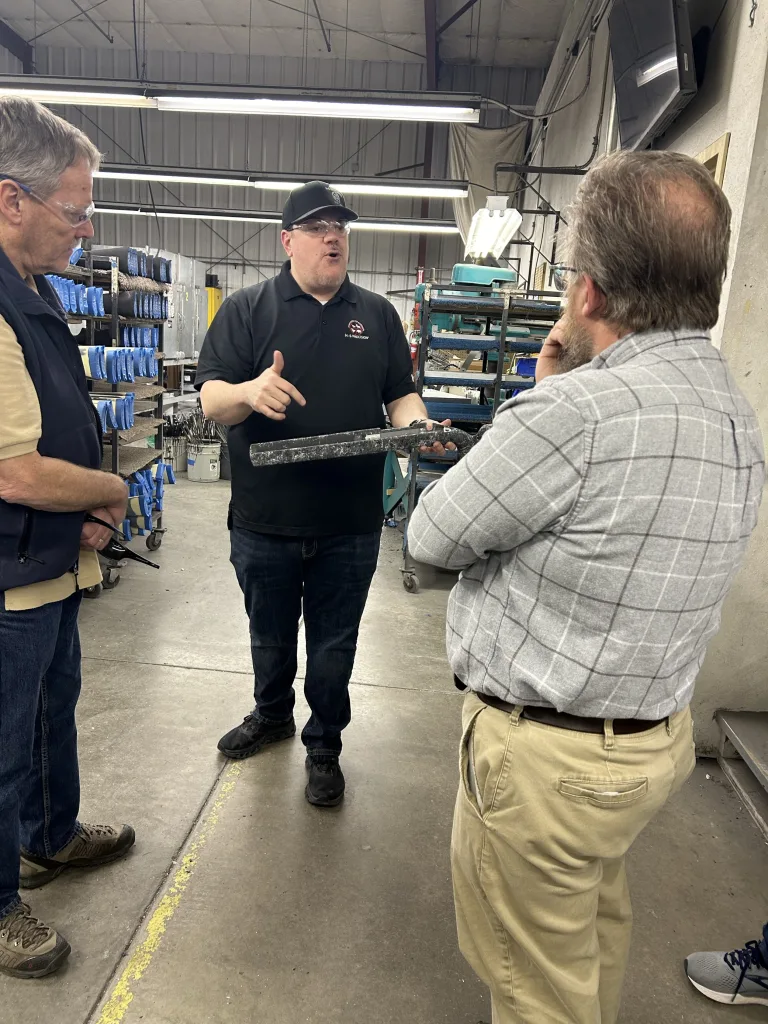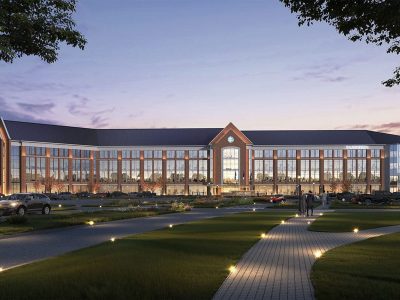Building something from essentially nothing is something manufacturers do each and every day. Sometimes the process begins with raw materials. Other times it is various components later to be assembled. And other times, it’s taking source ingredients and transforming them into something new – like your favorite wine or beer.
Throughout the Black Hills region, more than 100 businesses are doing just that. The total value of the goods and services they produce totals over $550M.
But this can sometimes be a lonely, complicated process. Finding the right resources in the supply chain is not only complicated but can also add time for projects if they need to import from other countries.
Like many businesses, manufacturers also struggle with finding opportunities for finding workforce and then further development and skills training support.
Realizing there is power in community and collaboration, a new initiative has begun: the Rapid City Manufacturing Alliance. The goal of this group is to promote growth, innovation, and sustainability within the manufacturing sector.

Kenton Brannon is the Executive Technical Director of Procurement & Logistics at Pete Lien & Sons. He has also stepped in as the inaugural chair of the Manufacturing Alliance. He already found the Rapid City Manufacturing Alliance to be a worthy cause. “It was pleasantly surprising to learn of the available partners located within our region. Due directly to this alliance, we have also learned of development programs provided by the state of South Dakota which we were previously unaware of. I foresee a strong future for this alliance and Pete Lien & Sons is delighted to be involved.”
The group meets regularly to discuss issues relevant to the industry. They also work to identify opportunities for workforce development and skills training to support the needs of manufacturers in the region. Rob Hrabe, CEO of VRC Metal Systems shared that “the Manufacturing Alliance provides a much-needed forum to tackle common problems that many manufacturers in Western SD have such as capitalization, employee recruitment and retention, economic development incentives and many other helpful topics.” More than that, it has strengthened his company’s current growth and potential for the future.
As the group continues to grow, so will the access to resources. By understanding one another’s capabilities, local businesses will be able to supply products to on another on a local level rather than importing outside the region. This improves the efficiency of the supply chain, boosts the local economy, and allows our businesses to shortcut the guess work and do more of what they love: making something from nothing and getting it into the hands of their customers.
Manufacturers interested in getting involved can contact Kallie Ruland.
This article originally appeared in the May 2024 issue of Elevate Magazine.


